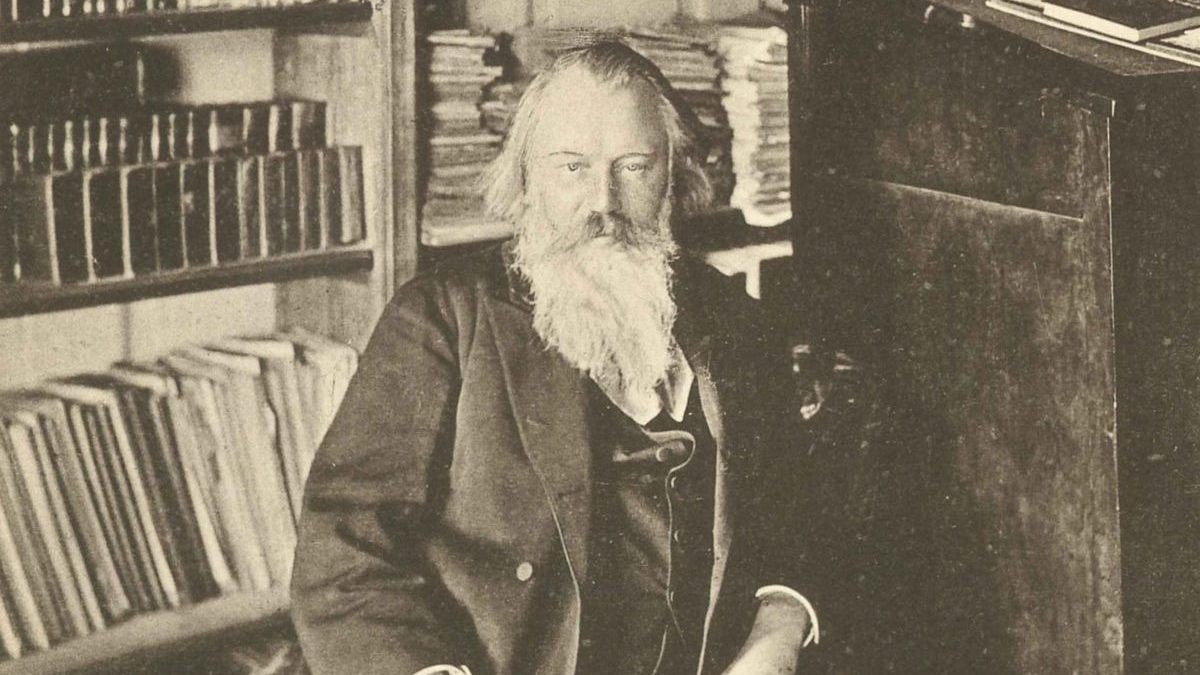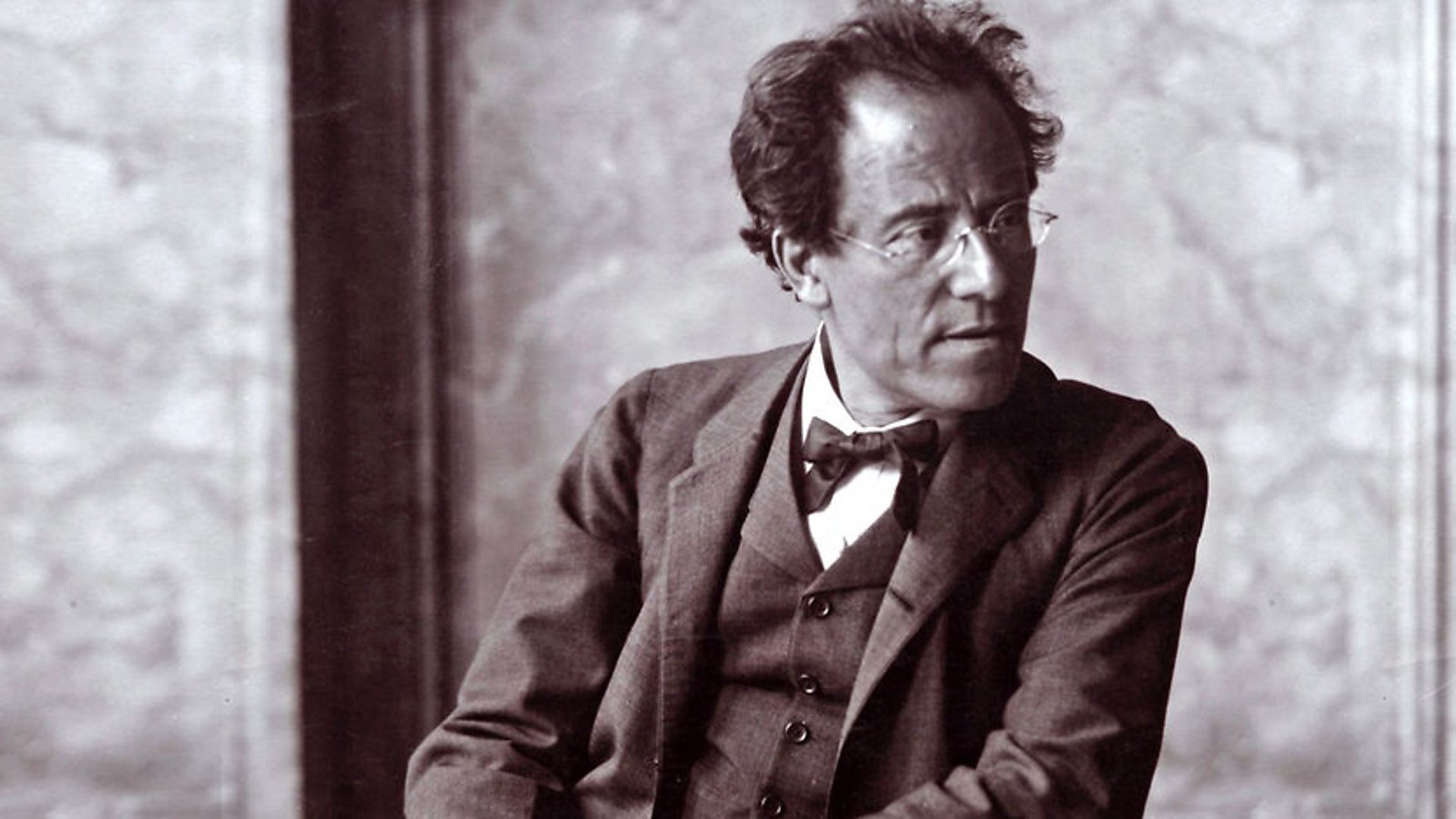Brahms’ Second Piano Concerto: An Intimate Colossus
I don’t mind telling you that I have written a tiny, tiny pianoforte concerto with a tiny, tiny wisp of a scherzo. This is how Johannes Brahms jokingly described the newly completed Piano Concerto No. 2 in B-flat major in a letter to his friend and former student, Elisabeth von Herzogenberg, dated July 7, 1881. In another letter, written around the same time, he referred flippantly to “some little piano pieces.” In fact, …





